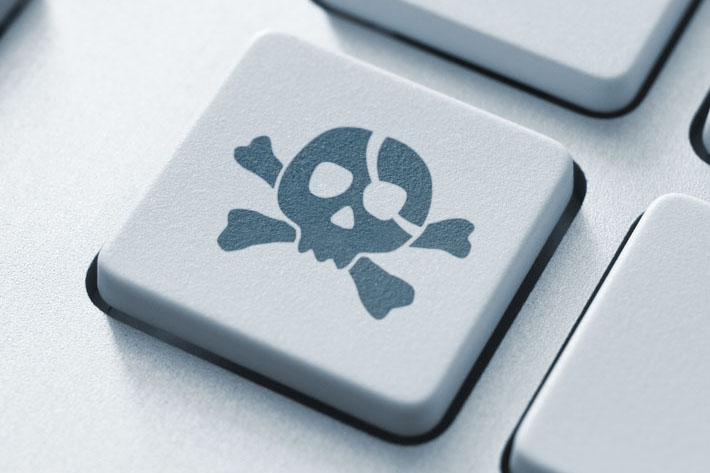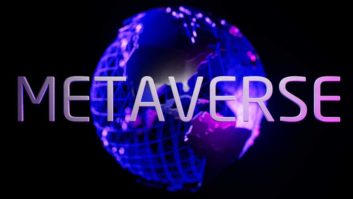
An epidemic of streaming piracy has hit the film and TV industry. The latest threat is especially dangerous as it comes under the cloak of legitimacy. An open source media player called Kodi is being loaded, along with illegitimate third-party add-ons onto set-top boxes, which gives user’s free access to pay-TV.
The director general at the UK’s Federation Against Copyright Theft (FACT) has called the illegal use of Kodi an “epidemic” and rights-holders worldwide are now backing the fight against this emerging threat.
Since its launch in 2003, Kodi has been shaped by more than 500 software developers. Although Kodi is designed to play legally-owned media, pirates have started a black market of illegal “fully-loaded” Kodi boxes which offer users free access to a treasure chest of paid content. When combined with Kodi’s user-friendly user interface, these illegitimate third-party add-ons have introduced a whole new audience to piracy.
Streaming boxes now represent a significant risk to the pay-TV experience. Their use has steadily increased in recent years and consumer interest in Kodi, specifically, has risen sharply since early 2015.
In the most recent annual crime report from the UK’s Intellectual Property Office (IPO), FACT said that about half of its current investigations concerned these devices. And in 2016, set-top boxes and streaming devices entered the list of ‘top products investigated by Trading Standards’ for the first time.
An important part of the battle is to create some legal standards that support rights holders in their copyright claims. The fight has started with the recent arrest of five people in the UK who were caught selling modified Kodi devices. And in December 2016, Terry O’Reilly was convicted for conspiracy to defraud and given a four-year prison sentence for selling over 1,000 fully-loaded Kodi STBs. The case sends a clear message that selling such devices is illegal – but the law isn’t watertight.
Fraud cases generally take a long time to prove and require lots of evidence. Clamping down on Kodi would be easier if prosecutors could make Copyright Act charges stick. These latest raids are thought to be focused on securing a conviction under the Copyright Act. But although the Act is clear about the illegality of file sharing, there is currently ambiguity around streaming where there is no fixed copy. One thing for certain is that copyright protection authorities around the world will be monitoring the results of these trials with interest.
Although content providers and rights-holders will primarily pursue sellers of illegal Kodi devices, it’s not all plain sailing for the buyers either. Aside from the threat of jail time, some users have even found that they have been sold devices containing malicious code that turned their devices into a “DDOS botnet” which made repeated requests to two target websites. By downloading illegal content or subscribing to pirate streaming services, users make themselves vulnerable to malware, viruses, scams and fraud.
It’s important that the TV industry comes together to fight this increasingly popular form of piracy. Costing the industry more than £70 billion per year globally in revenue, content owners and operators have to work together to identify the pirates and take action to protect their investments and brand reputation.
By working with experts such as NAGRA, broadcasters and operators can take advantage of tools like forensic watermarking to identify the source of leaked content and experienced analysts who can react to pirated services with all the procedural, technical and legal means necessary.
There are positive signs that the tide is starting to turn against pirates. Search engines Google and Bing have signed up to a code of practice pledging to demote pirate websites in their search results. And the upcoming legal cases promise to give rights-holders certainty in the battle against Kodi – but the fight against pirated content will continue.
Whatever the outcome, operators have to keep up the pressure to make it harder for internet users to find pirated films and illegally streamed content. Although the actions of anti-copyright agencies are a valuable resource, rights holders need to maintain an active defence in the fight against online piracy.
By Christopher Schouten, senior product marketing director, NAGRA







